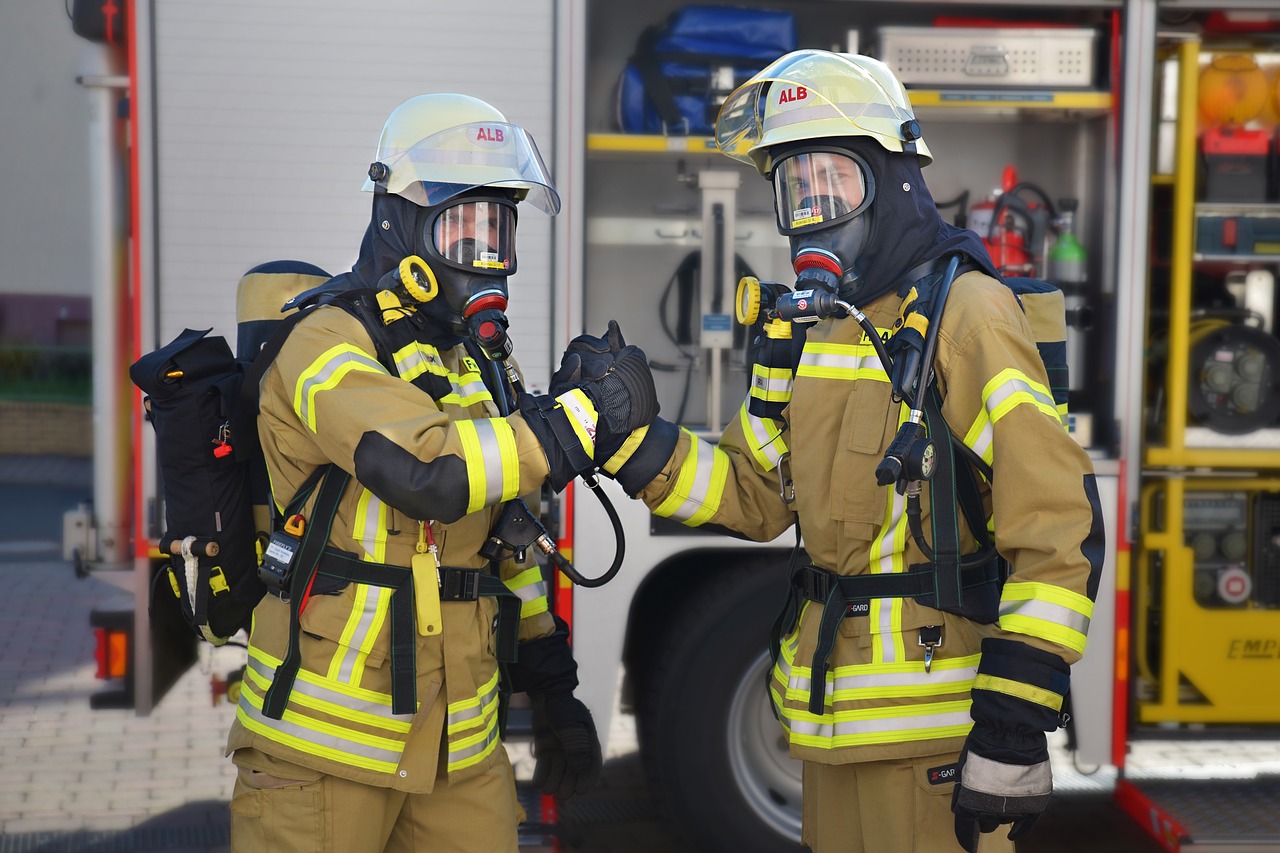Training in the Incident Command System (ICS) is crucial for developing competent and effective leaders within volunteer fire departments. By providing comprehensive and structured training, volunteer firefighters can learn how to efficiently manage emergency situations, coordinate resources, and communicate effectively during crises. This blog post will highlight the importance of ICS training in building strong leaders who can confidently lead their teams to success in challenging situations.
Key Takeaways:
- Effective leadership: Incident Command System (ICS) training helps develop strong leaders in volunteer fire departments by providing a structured system that organizes personnel, resources, and communications during emergency situations.
- Improved coordination: By implementing ICS training, volunteer fire departments can enhance their coordination with other emergency response agencies, ensuring a more efficient and integrated approach to incident management.
- Enhanced safety: Training in the Incident Command System equips volunteer firefighters with the necessary skills to respond to emergencies safely and effectively, ultimately improving the overall safety of the community.
Understanding the Incident Command System
Foundations and Principles of ICS
For a volunteer fire department to effectively implement the Incident Command System (ICS), it is imperative to understand the foundational principles on which ICS is built. These principles include a clear chain of command, unity of command, and integrated communication to ensure efficient and coordinated response to emergencies.
The Structure of ICS in Emergency Response
Commanding an emergency response operation using ICS involves a clear organizational structure with designated roles and responsibilities. The structure typically includes the Incident Commander at the top, followed by Command Staff, General Staff, and Support Staff. This hierarchical approach ensures effective decision-making and resource management during incidents.
To facilitate a smooth operation within the ICS structure, it is crucial for members of a volunteer fire department to undergo comprehensive training on their roles and responsibilities within the system. By familiarizing themselves with the ICS structure, responders can efficiently collaborate and communicate, ultimately enhancing their ability to handle emergencies effectively and build strong leadership within the department.
ICS Training Methodologies for Volunteer Firefighters
Interactive and Scenario-Based Learning
For volunteer firefighters, interactive and scenario-based learning is a crucial component of ICS training. By immersing participants in realistic scenarios that mimic real-life emergency situations, they can apply their knowledge and skills in a practical setting. This hands-on approach helps them better understand the complexities of incident command and hone their decision-making abilities under pressure.
Utilizing Simulations for Enhanced Decision-Making Skills
Enhanced decision-making skills are vital for effective incident command in the unpredictable environment of firefighting. By utilizing simulations, volunteer firefighters can practice making critical decisions in a controlled setting that closely mirrors the chaos of a real emergency. These simulations challenge participants to think quickly, assess the situation accurately, and make sound decisions that can save lives and property.
The use of simulations for enhanced decision-making skills allows firefighters to experience the intensity and urgency of emergency situations without the real-life consequences. This hands-on practice helps them develop confidence in their abilities to lead and make effective decisions when faced with challenging circumstances.
Leadership Development through ICS Training
Fostering Effective Communication and Teamwork
Now, effective communication and teamwork are important components of successful incident management. Through Incident Command System (ICS) training, volunteer firefighters learn the importance of clear and concise communication, as well as the value of working together cohesively as a team. By practicing these skills in simulated emergency scenarios, leaders can better coordinate resources and make critical decisions under pressure.
Creating Adaptive Leaders Capable of Handling Complex Situations
On any emergency scene, leaders must be prepared to adapt to rapidly changing circumstances and make quick decisions to ensure the safety of responders and the public. ICS training emphasizes the development of adaptive leaders who can think critically, remain calm under stress, and effectively manage complex incidents. By honing these skills through training exercises and simulations, firefighters can enhance their ability to lead effectively in high-pressure situations.
It is crucial for volunteer firefighters to undergo ICS training to develop the skills needed to handle complex emergencies. Through this training, individuals learn how to assess situations, make informed decisions, and communicate effectively with their teams. By creating adaptive leaders who are capable of handling any situation that comes their way, volunteer fire departments can enhance their overall response capabilities and better protect their communities.
Implementing ICS Training in Your Volunteer Fire Department
Assessing Training Needs and Setting Goals
Any effective implementation of the Incident Command System (ICS) in a volunteer fire department begins with assessing the current training needs and setting achievable goals. Conduct a thorough evaluation of your department’s knowledge and proficiency in ICS principles. Identify any gaps or areas that need improvement to tailor the training program accordingly. Setting clear and measurable goals will help keep your team focused and motivated throughout the training process.
Developing a Sustainable ICS Training Program
Sustainable development of an ICS training program involves creating a structured curriculum that can be consistently implemented and integrated into your department’s regular training schedule. Ensure that the training program covers all necessary ICS concepts and levels, from basic to advanced, to cater to the diverse skill levels within your volunteer fire department. Regularly review and update the training materials to reflect any changes or advancements in ICS practices and procedures.
Implementing a sustainable ICS training program requires dedicated resources, including qualified instructors, training materials, and equipment. It is crucial to secure buy-in from department leadership and members to prioritize ICS training and allocate the necessary time and resources for its successful implementation. By fostering a culture of continuous learning and improvement, your volunteer fire department can build strong leaders equipped with the skills needed to effectively manage emergency incidents using the ICS framework.
Conclusion
With this in mind, Incident Command System training plays a vital role in building strong leaders within your volunteer fire department. By providing comprehensive training on incident management, communication protocols, and decision-making processes, firefighters are better equipped to handle emergency situations effectively. The ICS structure ensures a clear chain of command, promotes effective teamwork, and enhances overall operational efficiency. Investing in ICS training not only strengthens the leadership skills of individual firefighters but also improves the overall performance and coordination of the entire department during emergencies.


